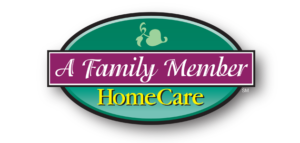I understand how difficult it is to care for an aging loved one who needs assistance.
For over 20 years I’ve been helping South Florida families find the right caregivers for their loved ones, and I can do the same for you!
Call me so we can set up a time to visit.
I’ll answer your call personally between the hours of 1:00 pm and 7:00 pm.
(If I don’t answer, your first three days of care are on me!)
Experience the personal touch in home care services.
I really do care!
- All caregivers are hand selected by me
- Geriatric nurse available around the clock
- Bonded and insured
- All home care insurance policies accepted














